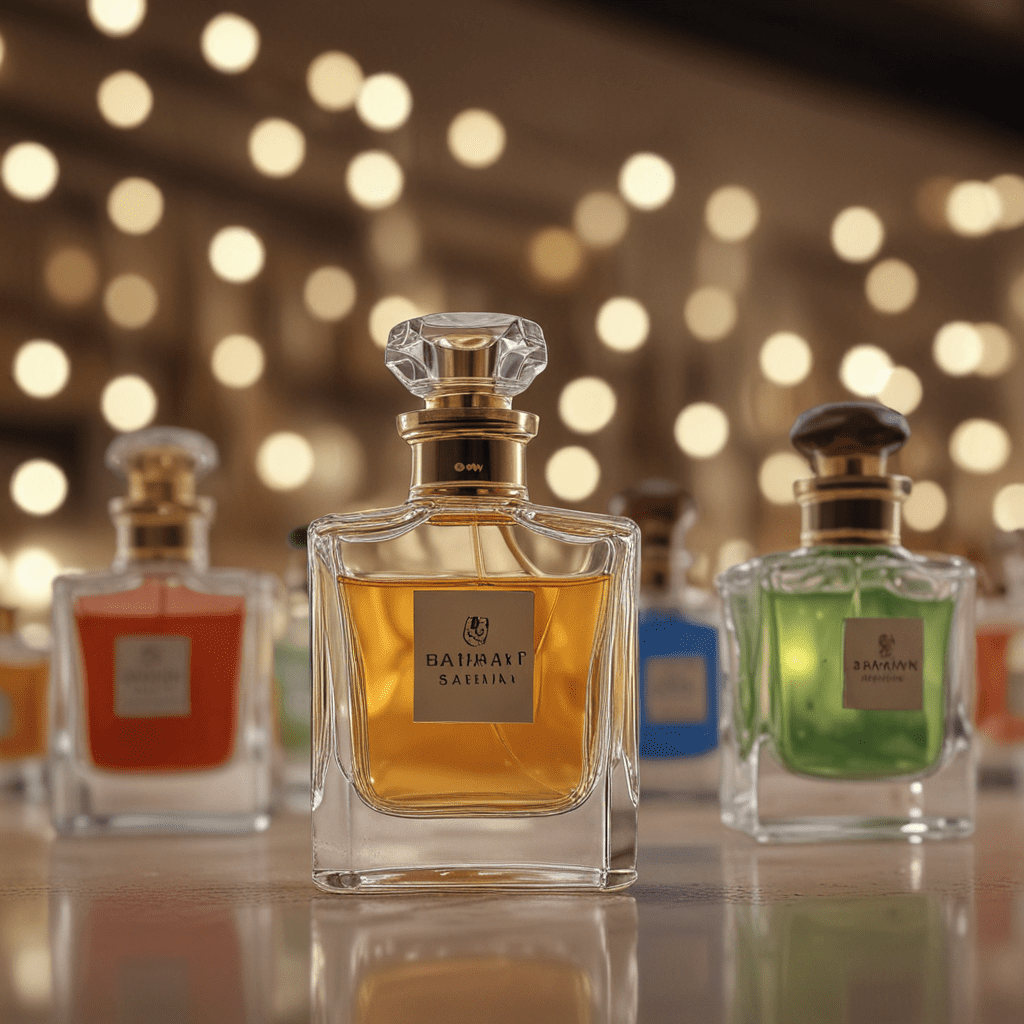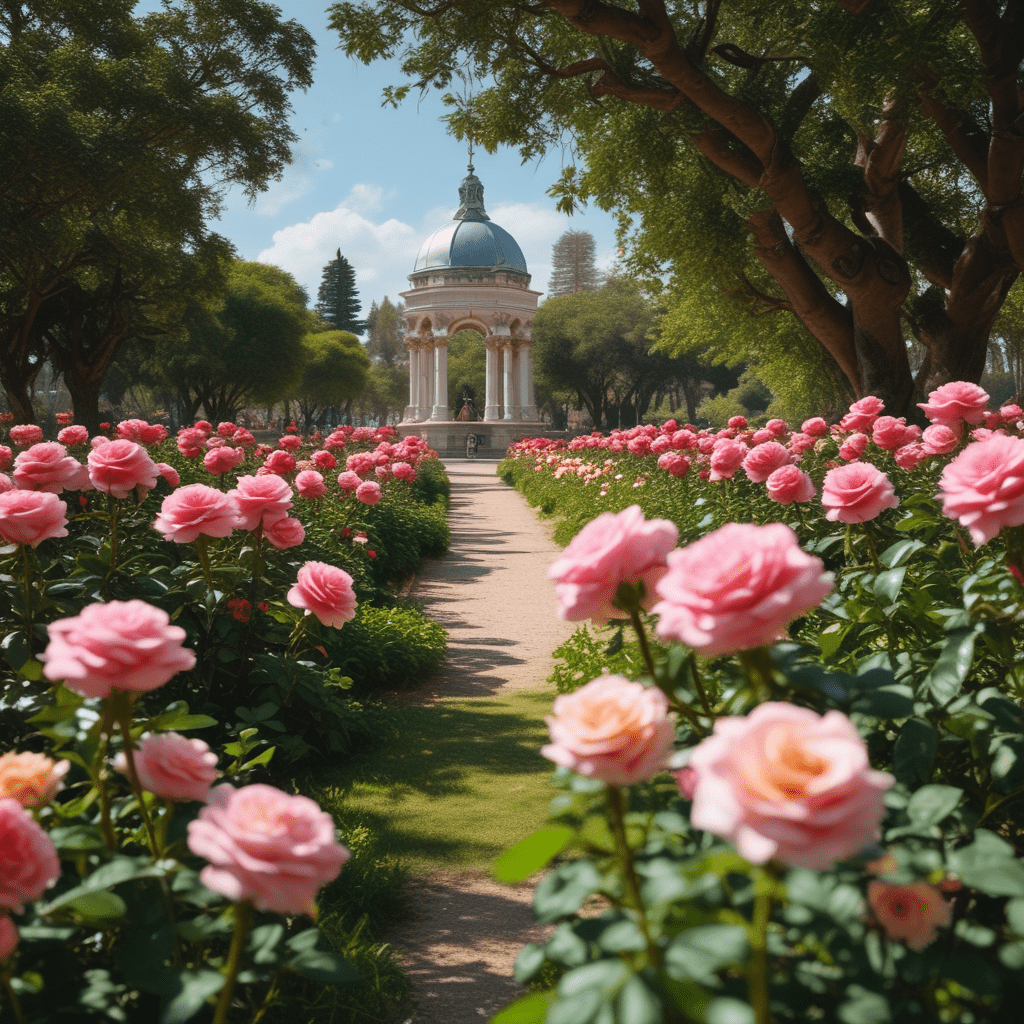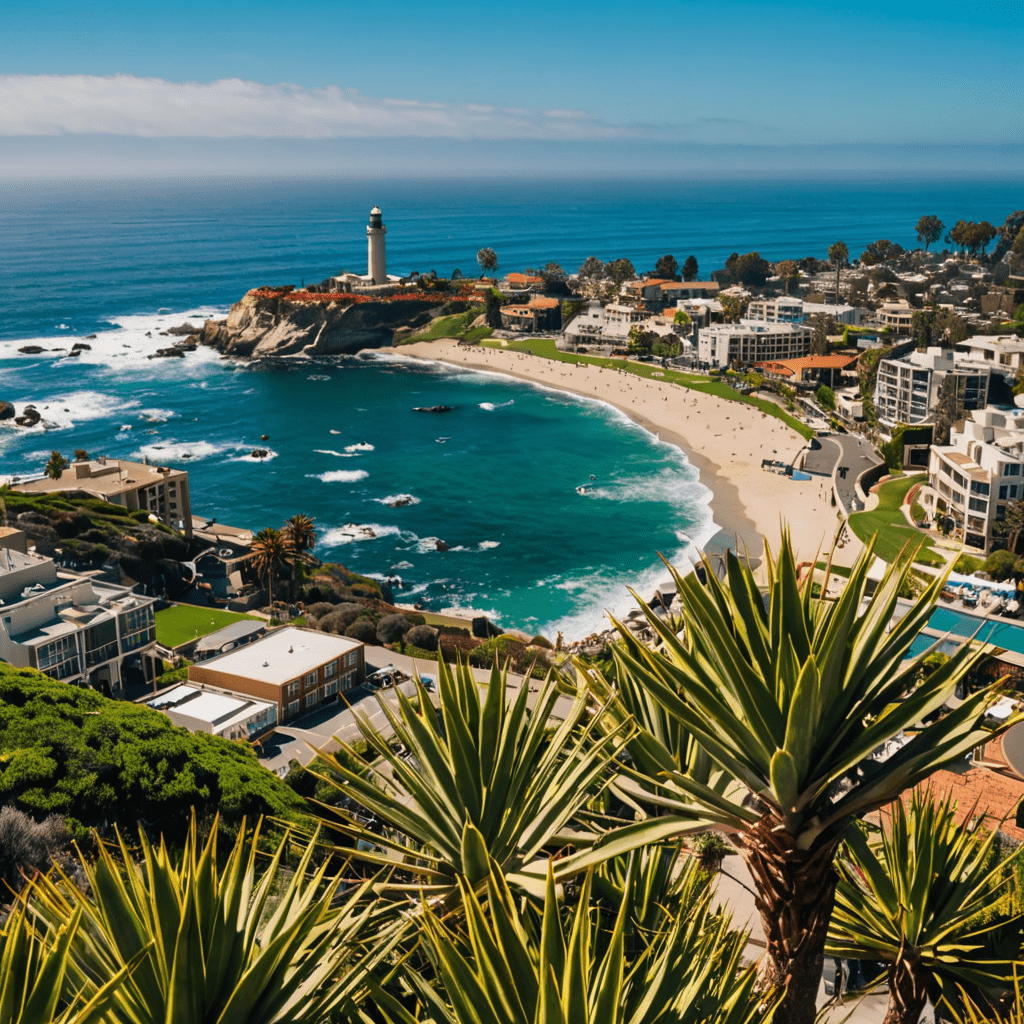
1. Introduction to Bahrain's Traditional Perfumery
Bahrain, a nation steeped in ancient traditions, holds a prominent place in the realm of perfumery. Its fragrant legacy dates back centuries, with the art of crafting perfumes deeply intertwined with the country's cultural heritage. Bahraini perfumes are renowned for their exquisite scents, natural ingredients, and traditional distillation methods that have been passed down through generations.
2. Historical Roots of Bahrain's Fragrance Industry
The origins of Bahrain's perfumery can be traced back to the 16th century, when the country became a major trading hub for spices and exotic materials. Merchants from across the globe brought with them precious aromatic substances, which sparked a local interest in blending and creating fragrances. Over time, Bahrain developed its own distinct perfumery traditions, influenced by both Arab and Persian techniques.
3. Key Natural Ingredients Used in Bahraini Perfumes
Bahraini perfumes are characterized by their use of natural ingredients, including flowers, herbs, spices, and woods. Rose, jasmine, saffron, and oud are among the most commonly used notes, valued for their rich, complex aromas. These ingredients are carefully selected and blended to create unique and captivating fragrances that reflect the essence of Bahrain.
4. Traditional Distillation Methods for Perfume Extraction
In Bahrain, traditional methods of perfume extraction are still employed by skilled artisans. One of the most common techniques is steam distillation, where hot steam is passed through plant materials to release their volatile compounds. The resulting vapors are then cooled and condensed to obtain the essential oils used in perfumes. This delicate process requires patience and expertise to ensure the highest quality and purity of the extracted oils.
5. Popular Fragrance Notes in Bahraini Perfumes
Bahraini perfumes are known for their warm, spicy, and floral notes. Oud, a dark and woody resin, is a prominent ingredient, adding depth and richness to many fragrances. Floral notes such as rose and jasmine bring a touch of sweetness and femininity, while spices like cardamom and saffron provide warmth and complexity. These carefully balanced notes create a harmonious and alluring scent that evokes the essence of Bahrain's vibrant culture.
6. The Role of Bahraini Royal Courts in Perfume Patronage
Throughout history, the royal courts of Bahrain have played a pivotal role in patronizing and promoting the art of perfumery. Bahraini royalty has long been known for its appreciation of fine fragrances, commissioning skilled perfumers to create exclusive scents for their use and as diplomatic gifts. This patronage not only supported the development of Bahrain's fragrance industry but also elevated its status and recognition worldwide.
7. Cultural Significance of Perfumes in Bahraini Society
Perfumes hold immense cultural significance in Bahraini society, transcending their role as mere adornments. They are closely associated with hospitality, generosity, and special occasions such as weddings, festivals, and religious celebrations. Sharing perfumes with guests and offering them as tokens of appreciation is considered a sign of warmth, respect, and friendship. The distinct scents of Bahraini perfumes evoke memories and emotions, connecting people to their shared cultural heritage.
8. Contemporary Perfume Artisans and Innovation
While Bahrain's perfume traditions remain strong, contemporary artisans are infusing the industry with fresh ideas and creativity. They experiment with new ingredients and techniques, blending traditional methods with modern advancements to produce innovative fragrances. These artisans often collaborate with local designers, fashion houses, and artists, creating perfumes that reflect the evolving cultural landscape of Bahrain and cater to a discerning international clientele.
9. The Modern Market for Bahraini Perfumes
Today, Bahraini perfumes are sought after both locally and internationally. The growing appreciation for niche fragrances and the revival of interest in traditional perfumery have fueled the demand for Bahrain's unique scents. Local boutiques and online retailers showcase a wide range of Bahraini perfumes, offering discerning customers an immersive experience in the art and culture of fragrance.
10. Preserving and Promoting Bahrain's Fragrance Heritage
Recognizing the cultural and economic significance of perfumery, Bahrain is committed to preserving and promoting its fragrance heritage. Initiatives such as workshops, exhibitions, and international collaborations aim to showcase the artistry and expertise of Bahraini perfumers. By supporting the industry, Bahrain not only safeguards a centuries-old tradition but also contributes to the sustainability and growth of its cultural economy.
Frequently Asked Questions
Q: What is the history of perfumery in Bahrain?
A: Bahrain's perfumery traces back to the 16th century, when it became a hub for the spice trade, inspiring local artisans to craft fragrances.
Q: What are the key ingredients used in Bahraini perfumes?
A: Bahraini perfumes feature natural ingredients like rose, jasmine, saffron, oud, and various spices.
Q: How are Bahraini perfumes extracted?
A: Steam distillation is a common method, where hot steam releases volatile compounds from plant materials, creating essential oils for fragrances.
Q: Why are perfumes significant in Bahraini culture?
A: Perfumes hold cultural importance as symbols of hospitality, generosity, and celebrations, connecting individuals to their shared heritage.
- Q: How is Bahrain preserving its perfume heritage?
- A: Bahrain supports initiatives like workshops, exhibitions, and collaborations to promote the artistry and foster the growth of its perfumery industry.


